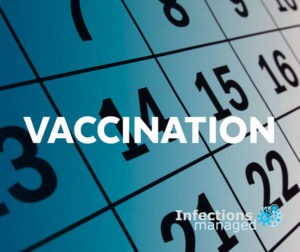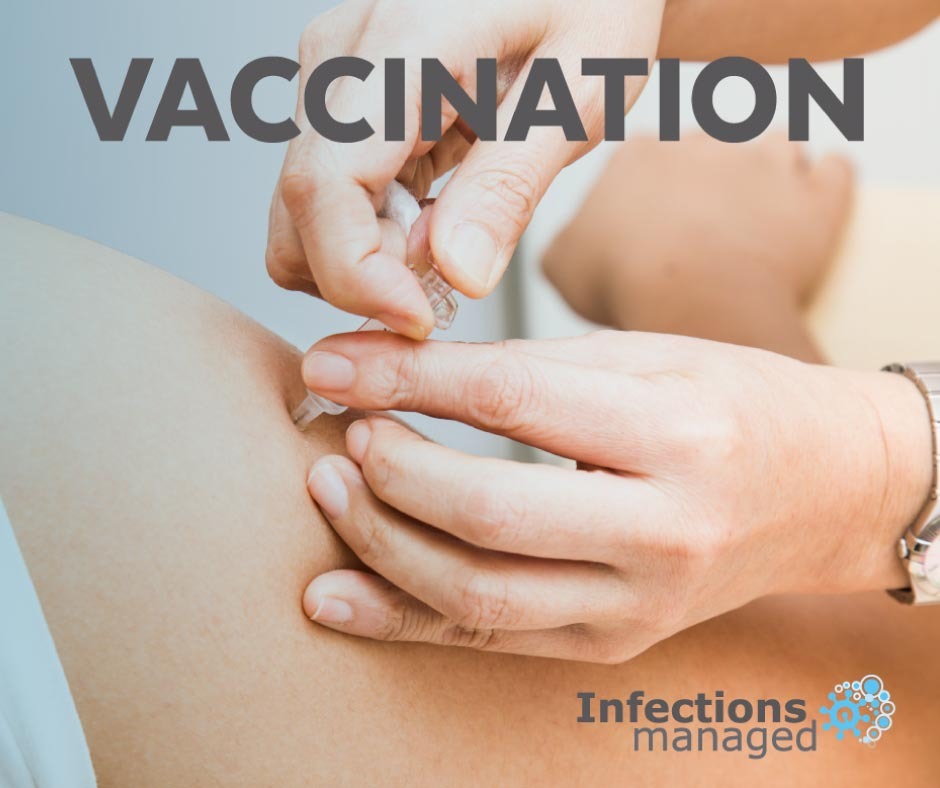Over the last few years, vaccination has been a topic for fiery debate all across the world. Due to unfounded fears spread over the internet and a over-dramatized potential side effects, part of the population seems to have forgotten that vaccines save lives and prevent life-threatening diseases.
Let’s take a look at the most important things you should know about vaccination to make an informed choice.
What is a vaccine in the first place?
Vaccines are biological preparations that induce acquired immunity to a specific disease.
Typically, vaccines contain something of the following:
- A live but weakened form of the pathogen (disease-causing agent): tuberculosis, measles, mumps, rubella, rotavirus, oral polio vaccine, yellow fever
- An inactivated (killed) form of the pathogen: pertussis, polio injection vaccine, hepatitis A, rabies
- An inactivated toxin (toxoid) produced by the pathogen: tetanus, diphtheria
- A fragment of the surface of the pathogen: hepatitis B, meningococcal infection, pneumococcal infection
When the body’s immune system interacts with the vaccine, it has the opportunity to train its response to the threat in question. Then, if the body ever comes into contact with a full-blown version of the pathogen, it will have a way to fight it effectively. Essentially, this means the vaccinated person would significantly boost their likelihood of avoiding the disease in the first place or otherwise getting it in a considerably milder version without life-threatening complications.
How is immunization done?
If you’re planning to get vaccinated, the first step is to schedule an appointment with an experienced primary care physician or an infectious disease specialist to discuss the matter.
Your doctor will ask you a few questions to make sure you can get the vaccine. As a rule, there are no serious contraindications for getting immunized, but here are a few things to look out for (according to the World Health Organization):
- Severe allergic reactions to previous doses of a particular vaccine
- Pregnancy (for measles, yellow fever, and oral polio vaccine)
- Having a severely weakened immune system (like in symptomatic HIV/AIDS)
Mild infections (a common cold, for example) are not considered to be contraindications to getting vaccinated. However, since immunization is rarely an emergency (except for tetanus and rabies), doctors often suggest giving your body enough time to fight off the current infection before facing your immune system with another threat, albeit in a weakened or inactivated form.
How long does immunity last after getting vaccinated?
The expected duration of immunity differs from one vaccine to another. For example, the measles v accine provides life-long protection in over 96% of cases, and 99% of vaccinated persons get protection from polio for at least 18 years.
accine provides life-long protection in over 96% of cases, and 99% of vaccinated persons get protection from polio for at least 18 years.
Some other vaccines like the one for pertussis (whooping cough) and for pneumococcal infection provide protection for 4-6 years.
In any case, even a single year of improved protection against a severe disease with potentially life-threatening complications is well worth going through immunization.
What diseases can be prevented with vaccines?
The list of diseases that can be effectively prevented through vaccination is growing with each decade. According to the World Health Organization, there are 26 vaccines already available to the public:
- Cholera
- Dengue
- Diphtheria
- Encephalitis (Japanese and tick-borne)
- Flu (Influenza)
- Hepatitis A, B, E
- Haemophilus influenzae type b (Hib)
- Human papillomavirus (HPV)
- Malaria
- Meningococcal meningitis
- Measles
- Mumps
- Pneumococcal infection
- Poliomyelitis
- Rabies
- Rotavirus
- Rubella
- Tetanus
- Tuberculosis
- Typhoid
- Varicella
- Whooping cough (Pertussis)
- Yellow Fever
Over 20 other vaccines are already in the pipeline of scientific research and mass production, so the list is expected to grow significantly in the next few years.
Conclusion
Vaccination is an extremely safe and effective way of protecting yourself from a great number of potentially life-threatening conditions, including hepatitis B and influenza.
Make an appointment with a physician you trust to discuss the matter and decide when you’ll get immunized. Remember, avoiding a disease is always better, safer, and cheaper than treating it!

